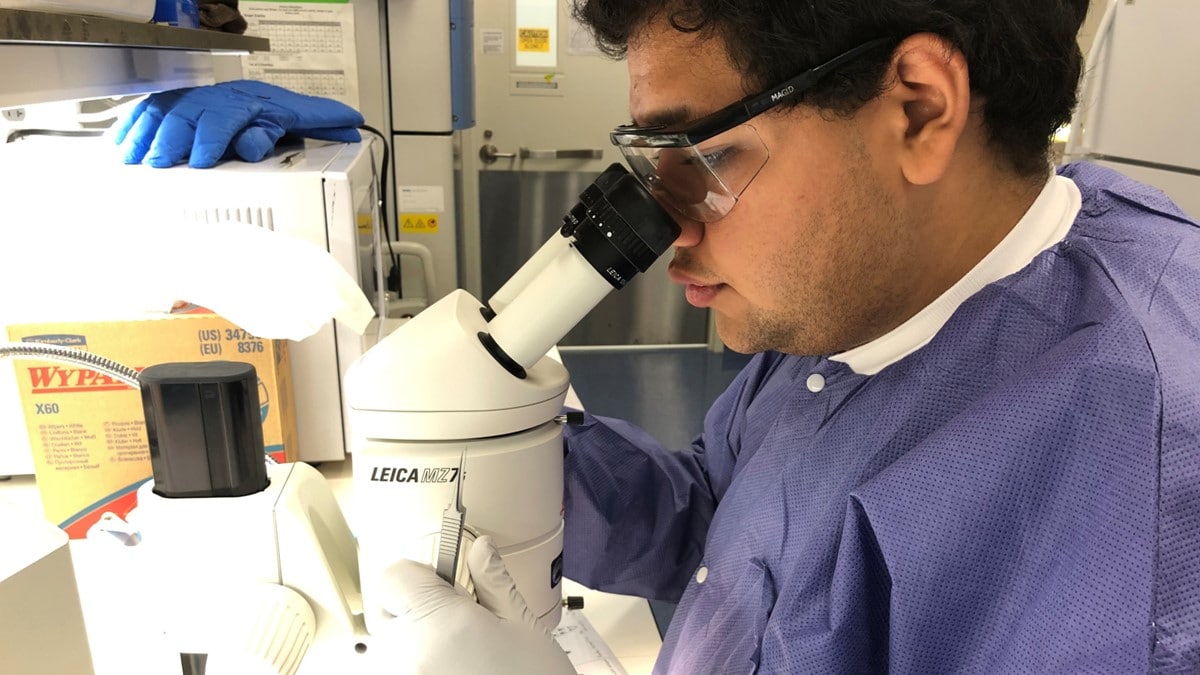Training overview
Examples of internship activities
PHEFA interns will be exposed to a variety of activities and gain new skills used by entomologists around the country.
- Learn about mosquito and tick taxonomy by handling specimens, identifying common species, and using scientific keys
- Learn and refine laboratory skills
- Network with entomology professionals at universities, state health departments, and local vector control organizations
- Rear mosquitoes
- Set up and taking down mosquito traps
- Conduct insecticide resistance testing in mosquitoes and calibrate new insecticides
- Evaluate different methods of generating carbon dioxide in order to identify a promising alternative to using dry ice in tick traps
- Test samples from white-tailed deer for evidence of rickettsial pathogens
- Collect ticks in local parks
Examples of fellowship activities
PHEFA fellows have the opportunity to expand their knowledge and skills in the field of medical entomology.
- Testing state submitted Ixodes species ticks as part of the National Tick Surveillance Program
- Leading an investigation on the diversity of Borrelia species ticks
- Studying Aedes aegypti insecticide resistance in the U.S. Virgin Islands
- Conducting field work and studying mosquito activity in the wake of a natural disaster like hurricanes

Important dates for applicants
The PHEFA program has important dates in the process.
- December 14, 2023: Application process opened
- February 15, 2024: Application process closed
- March–April 2024: Interviews held; offers made
For more information about benefits, eligibility, and application process, please visit ESA's PHEFA website.
Who this training is for
PHEFA is an exciting opportunity for current students or recent undergraduate graduates of a Minority Serving Institution.
